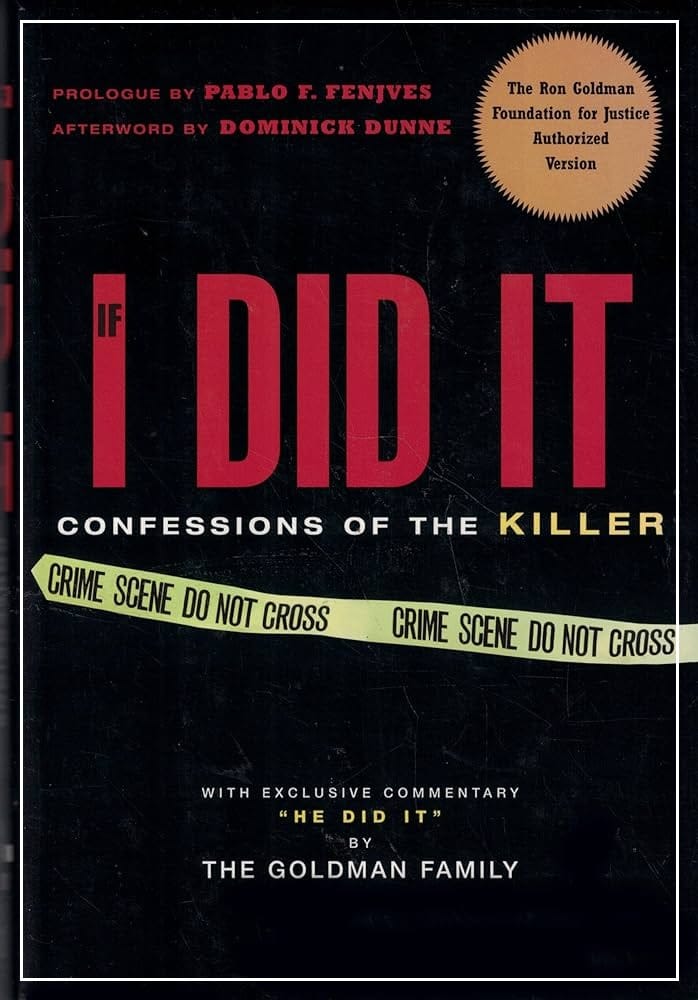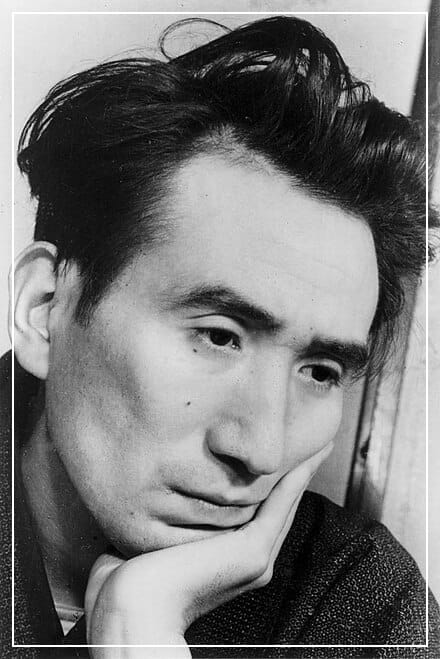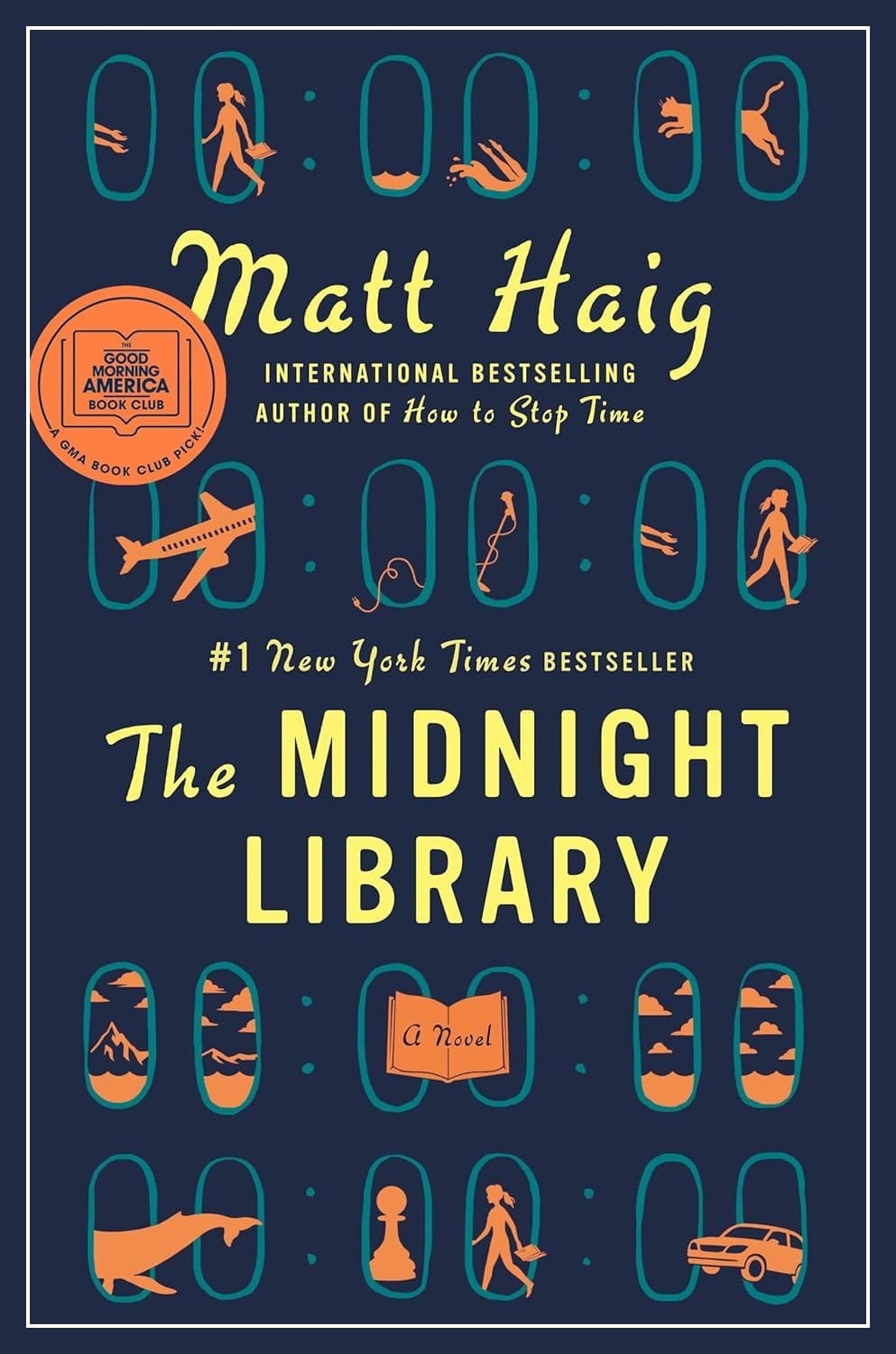If I Did It: The Story Behind O.J. Simpson’s Controversial Book
Explore the controversial book If I Did It by O.J. Simpson, which provides a hypothetical account of infamous events.

Table of Contents
- Introduction
- Background: The O.J. Simpson Trial
- What Is If I Did It?
- Key Themes and Narrative Structure
- The Legal Battle Over If I Did It
- Public Reaction and Criticism
- The Impact of If I Did It on the O.J. Simpson Case Legacy
- Conclusion: A Complex and Controversial Legacy
- Further Exploration: Discover More on Booksummary.io
Introduction
Few books in modern history have sparked as much outrage and controversy as If I Did It, written by O.J. Simpson. Released more than a decade after Simpson was acquitted of the murders of Nicole Brown Simpson and Ron Goldman, the book's premise is a chilling hypothetical scenario in which Simpson describes how he would have carried out the killings—if he were responsible.
The publication of If I Did It raised profound ethical and legal questions. Was Simpson, despite his acquittal, taunting the public and the victims' families? Should someone in Simpson’s position be allowed to profit from a book about a crime that many believe he committed? The legal battle surrounding the book and the public outcry that followed further cemented the O.J. Simpson case as one of the most infamous criminal trials in American history.
This blog will provide a detailed examination of the events leading up to the book’s release, its key themes, the moral dilemmas it raises, and the impact it has had on the enduring legacy of the O.J. Simpson case.
Background: The O.J. Simpson Trial

In June 1994, O.J. Simpson, a former NFL star and beloved public figure, was charged with the murders of his ex-wife, Nicole Brown Simpson, and her friend Ron Goldman. The victims were brutally stabbed outside of Nicole’s home in Los Angeles. What followed was a media circus that would become one of the most high-profile criminal trials of the 20th century.
The trial, often referred to as the “Trial of the Century,” was broadcast live on television and divided the nation along racial and social lines. The prosecution’s case centered on DNA evidence and Simpson’s history of domestic violence, while the defense famously attacked the credibility of the Los Angeles Police Department, raising questions about potential racial bias and mishandling of evidence.
In 1995, Simpson was acquitted of all criminal charges. However, in a subsequent civil trial, he was found liable for the wrongful deaths of Brown and Goldman and ordered to pay $33.5 million in damages to the victims’ families. Despite this civil judgment, Simpson has always maintained his innocence.
What Is If I Did It?
If I Did It is a book originally written by O.J. Simpson, with assistance from ghostwriter Pablo Fenjves, that describes a hypothetical scenario in which Simpson details how he could have committed the murders of Nicole Brown Simpson and Ron Goldman. The narrative is framed as a "what if" account, with Simpson walking the reader through the night of the murders as though he were responsible.
The book’s title, If I Did It, plays on the ambiguity of Simpson’s legal standing—having been acquitted in criminal court but found liable in civil court—and invites the reader to question whether the hypothetical scenario is actually a confession in disguise.
Simpson’s detailed descriptions of his movements, thoughts, and emotions during the hypothetical murder are unsettling, especially given the real-life parallels. The book sparked outrage before it was even released, with many accusing Simpson of exploiting the tragedy for financial gain.
Further Reading:

Key Themes and Narrative Structure
Simpson’s Hypothetical Account
The main narrative in If I Did It is a hypothetical account of how O.J. Simpson would have carried out the murders if he were guilty. Simpson describes his frame of mind leading up to the night of the killings, his interactions with Nicole and Ron, and the supposed events that took place on that fateful night.
The narrative is written in a matter-of-fact tone, and although Simpson labels it a work of fiction, the level of detail and the way it mirrors real-life events make it difficult for readers to fully separate the hypothetical from reality. This structure is one of the reasons the book has been interpreted as an indirect confession by many critics.
Controversial Claims

In addition to the hypothetical murder scenario, Simpson makes several claims about his relationship with Nicole Brown Simpson. He depicts their marriage as fraught with conflict, portraying Nicole as someone with her own flaws and issues. These descriptions have been seen by some as an attempt to justify or rationalize the alleged violence, further adding to the controversy.
Simpson’s portrayal of Nicole has been widely criticized for victim-blaming. By framing her in a negative light, many feel that the book attempts to shift focus away from Simpson’s alleged guilt and onto the victim, which exacerbates the book’s moral and ethical dilemmas.
Ethical Dilemmas and Questions of Guilt
The very premise of If I Did It raises significant ethical questions. Is it appropriate for someone accused of such a heinous crime to write a book detailing how they might have committed it? Should this book be considered a form of free speech, or is it exploitative and harmful to the victims’ families?
Moreover, the book blurs the lines between guilt and innocence. Simpson’s narrative teeters between admitting and denying responsibility, playing into the public’s unresolved feelings about the trial. While the book was initially presented as fiction, many readers interpret it as a veiled confession, further complicating the narrative surrounding the O.J. Simpson case.
Further Reading:

The Legal Battle Over If I Did It
The Rights Transfer to the Goldman Family
If I Did It was originally set to be published in 2006 by ReganBooks, an imprint of HarperCollins. The decision to publish the book immediately drew widespread condemnation from the public and the victims' families. In response to the backlash, ReganBooks canceled the release, and the rights to the book were tied up in legal disputes.
The rights to If I Did It were eventually awarded to the Goldman family as part of a civil settlement in their ongoing efforts to collect the $33.5 million judgment awarded to them in the 1997 wrongful death lawsuit. The Goldmans sought control of the book as a way to prevent Simpson from profiting from it, and they decided to republish it with some significant changes.
Rebranding the Book: If I Did It: Confessions of the Killer
When the Goldman family gained control of the book’s rights, they chose to republish it under the title If I Did It: Confessions of the Killer, with a new cover design that downplayed the word "If" and emphasized the phrase "I Did It." This new title made the book’s message even more provocative, positioning it as an indirect confession from Simpson.
In this edition, the Goldmans included their own commentary and analysis, framing the book as a form of justice for their son, Ron, and Nicole Brown Simpson. They argued that by releasing the book, they could prevent Simpson from controlling the narrative and profit from the crime, while also providing the public with insight into Simpson’s mindset.
While this move was seen by some as a way to reclaim the story, others remained uncomfortable with the ethics of republishing a book with such a controversial premise.
Public Reaction and Criticism
Media Sensationalism and Public Backlash
The announcement of If I Did It sparked outrage long before it was ever released. Many people, including victims’ rights advocates and public figures, criticized the book for being a blatant cash grab and an insult to the memory of Nicole Brown Simpson and Ron Goldman. The media's role in amplifying the controversy only fueled the debate.
Television hosts, journalists, and legal analysts condemned Simpson’s actions, accusing him of trying to provoke public sentiment and exploit the murders for financial gain.
The scandal surrounding the book's release and subsequent cancellation became a topic of national discussion, reigniting interest in the O.J. Simpson case and the questions of justice it raised.
Further Reading:

Ethical Concerns and Profiting from Crime
One of the most significant concerns surrounding If I Did It was the potential for O.J. Simpson to profit from the sales of a book about the murders. Although the rights were later transferred to the Goldman family, the initial decision to publish the book raised complex questions about the ethics of profiting from crime.
Some critics argued that the book violated the basic principles of decency and justice. Others saw it as an extension of the sensationalism that had plagued the O.J. Simpson trial from the beginning, with the line between entertainment and tragedy becoming increasingly blurred.
The Impact of If I Did It on the O.J. Simpson Case Legacy
The release of If I Did It had a lasting impact on how the O.J. Simpson case is perceived in American culture. The book reignited debates over Simpson’s guilt and the fairness of the legal system. It also brought up larger questions about how society handles high-profile criminal cases and the way media can sometimes exploit tragedy for profit.
For many, If I Did It is seen as a reminder of the unresolved nature of the O.J. Simpson case. While Simpson was acquitted in criminal court, the lingering questions about his involvement in the murders continue to haunt public consciousness. The book, with its unsettling premise and hypothetical narrative, only deepened the mystery and controversy surrounding the case.
Conclusion: A Complex and Controversial Legacy
If I Did It remains one of the most controversial and ethically fraught books in modern history. Its release and the subsequent legal battle over its rights have left a lasting mark on the cultural and legal discourse surrounding the O.J. Simpson case. For many, the book is an indirect confession; for others, it is an offensive and exploitative work that should never have been published.
Regardless of where one stands, the book highlights the complexities of justice, media sensationalism, and the ethics of profiting from crime. Its legacy is intertwined with the unresolved emotions and questions surrounding the murders of Nicole Brown Simpson and Ron Goldman, ensuring that the O.J. Simpson case will remain a topic of discussion for years to come.
Further Reading:

Further Exploration: Discover More on Booksummary.io
If you’re interested in exploring more controversial books or understanding how literature intersects with real-life events, visit booksummary.io for detailed summaries and insights. Discover more about the cultural impact of high-profile criminal cases at booksummary.io.




